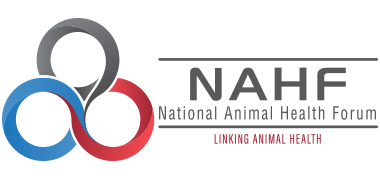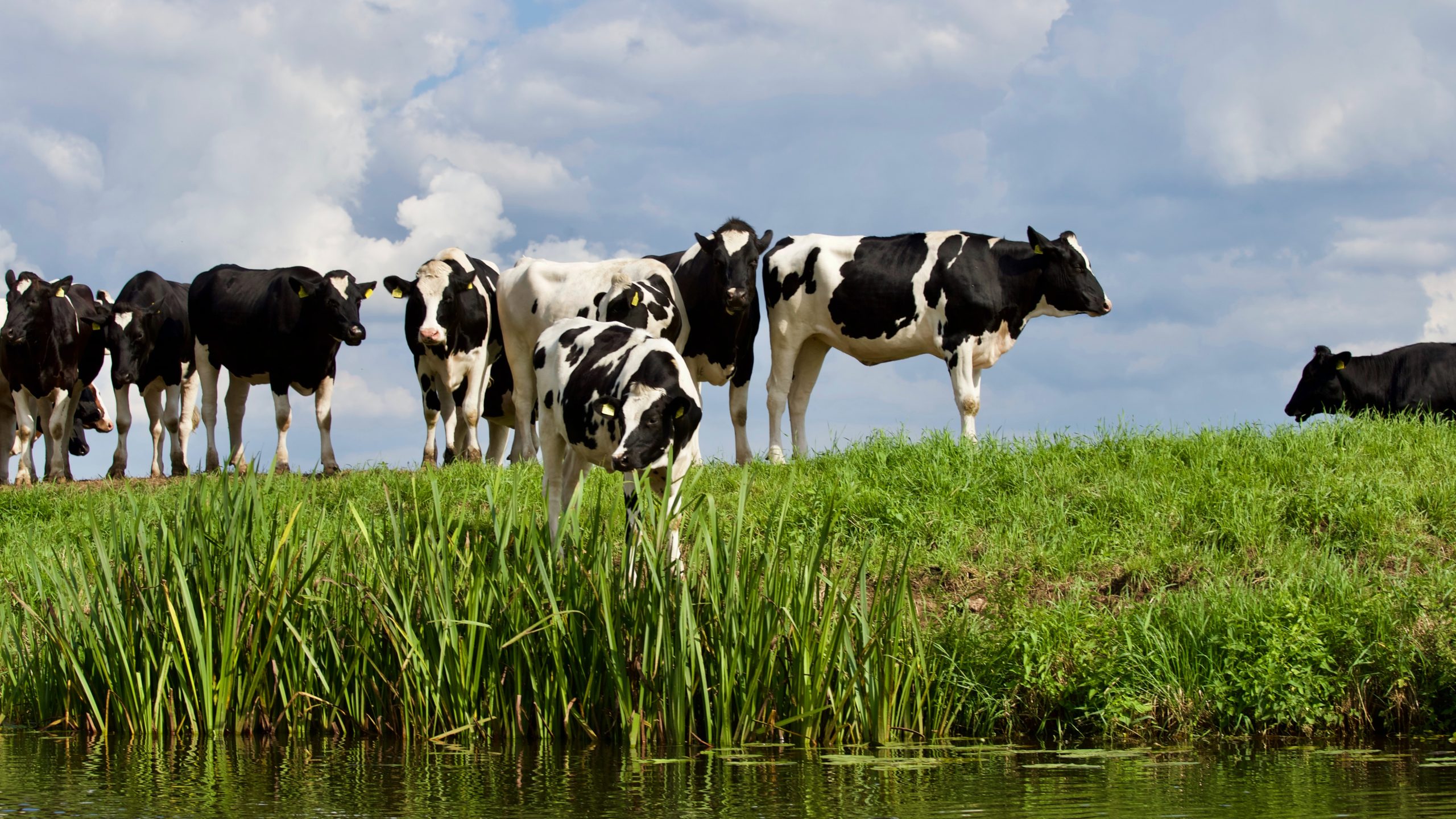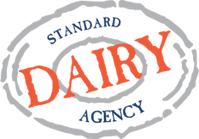
Dairy Standard Agency | Invite DSA Webinar | 27 September 2023
LINK FOR REGISTRATION:
Participation in the webinar is open upon registration at: https://register.gotowebinar.com/register/2025408604433477977
_______________________________________________________________________________________________________________________________
Dear Dairy Industry Member,
You are invited to register for a webinar, hosted by the Dairy Standard Agency, on the 27th of September 2023, 10:00-11:00.
Raw milk has a diverse microbial flora which can include pathogens transmissible to humans.
The main microbiological hazards associated with raw milk from milking animals can be identified using a decision tree approach, considering the evidence of milk-borne infection and the hazards being present and the impact of potential hazards on human health for example Campylobacter spp., Salmonella spp., shigatoxin-producing Escherichia coli (STEC), Brucella abortus and Mycobacterium bovis.
Antimicrobial resistance has been reported in South Africa in some of the main bacterial hazards isolated from raw milk or associated equipment and very important to public health. The sale of raw milk for direct human consumption by means of the use “retail bulk milk tanks” is permitted in some municipal jurisdictions without consumers purchasing such milk, instructed to boil the milk before consumption, which would eliminate microbiological risks.
With respect to internet sales of raw milk (destined for direct human consumption), there is a need for microbiological, temperature and storage time data to assess the impact of this distribution route.
Intrinsic contamination of raw milk with pathogens can arise from animals with systemic infection as well as from localised infections such as mastitis. Extrinsic contamination can arise from faecal contamination and from the wider farm environment including poor personal and equipment hygiene. In the absence of proper control measures which can significantly reduce risk relative to a baseline of legal standards, expected good practice, the potential for an increase in risk is a given.
The question however remains – how successful are the control measures regarding the consumption of raw milk for direct consumption currently or are the South African consumer at risk?
Make sure you register and don’t miss out on an insightful webinar!
Participation to the webinar is open upon registration at: https://register.gotowebinar.com/register/2025408604433477977
If, upon registration, you don’t receive an e-mail with the “link to join” please check your SPAM folder.
REGISTER NOW! You cant miss out!




